October 8, 2016
Click here for the full written transcript of this podcast episode.
It's not often I read a book that is less than 100 pages long and I fold over and highlight nearly every page.
But that was indeed the case when I read the book “How (& Why) To Eat More Vegetables“, a book with a very simple title but a very wide range of practical plant-eating information I've never seen published elsewhere, including little-known superfood plants, why humans are like an upside down plant, how to make extremely nutritionally dense vegetable powders and much more.
The book was written by the guest of this podcast: Dr. Tom Cowan.
Dr. Cowan discovered the work of the two men who would have the most influence on his career while teaching gardening as a Peace Corps volunteer in Swaziland, South Africa. He read “Nutrition and Physical Degeneration” by Weston A. Price, as well as Rudolf Steiner’s work on biodynamic agriculture. These events inspired him to pursue a medical degree and he graduated from Michigan State University College of Human Medicine in 1984. After his residency in Family Practice at Johnson City Hospital in Johnson City, New York, he set up an anthroposophical medical practice in Peterborough, New Hampshire. Dr. Cowan relocated to San Francisco in 2003.
Dr. Cowan has served as vice president of the Physicians Association for Anthroposophical Medicine and is a founding board member of the Weston A. Price Foundation™. During his career he has studied and written about many subjects in medicine. These include nutrition, homeoathy, anthroposophical medicine and herbal medicine.
He is the principal author of the book The Fourfold Path to Healing and is the co-author of The Nourishing Traditions Book of Baby & Child Care. He writes the “Ask the Doctor” column in Wise Traditions in Food, Farming and the Healing Arts, the foundation’s quarterly magazine, and has lectured throughout the United States and Canada. He has three children and three grandchildren and practices medicine in San Francisco, where he resides with his wife, Lynda Smith.
During our discussion, you'll discover:
-Why a plant is like an upside-down human, carrots and roots are good for your sinus and head, leaves are good for your lungs, and flowers are good for your metabolic and reproductive systems…[15:30 & 19:12]
-Why Dr. Cowan believes that vegetables are vastly misunderstood and misused by modern “healthy” diets, such as the Paleo diet…[27:45, 32:50 & 45:00]
–How commonly vilified foods such as beans and grains are actually good for you and a crucial part of an ancestrally appropriate diet…[29:35]
-Why you should seek out and learn to eat a special superfood vegetable called “Ashitaba”…[37:30]
-The little-known plant that can lower blood sugar more powerfully than the diabetic drug Metformin…[41:50]
-The fascinating tale of how the vegetable variety of “ancient Californians” compares to the vegetable variety of modern Californians today…[44:45 & 47:50]
-How the container that you store a vegetable or other food in can drastically affect the energy and nutrient bioavailability of that food…[51:30 & 52:50]
-Whether you should eat vegetables in their raw vs. cooked form…[56:35]
–How to make vegetable powders from tomatoes that taste just like bacon…[60:35]
-And much more!
Resources from this episode:
–The 2016 Weston A. Price Foundation conference
–The Nourishing Traditions Book of Baby & Child Care
–Nutrition and Physical Degeneration
-Use code BEN and get 15% off on your first order at Dr. Cowan's Garden.
Do you have questions, comments or feedback for Dr. Cowan or me? Leave your thoughts below and one of us will reply!



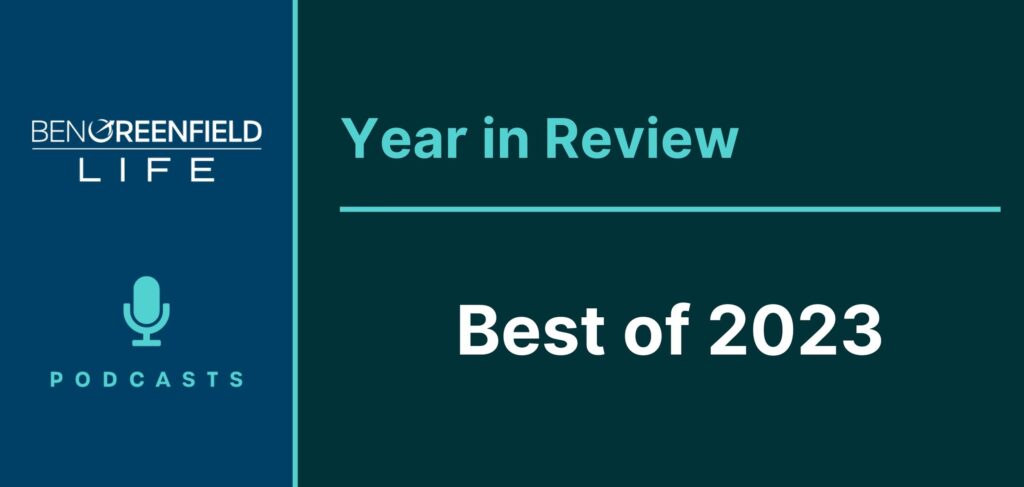
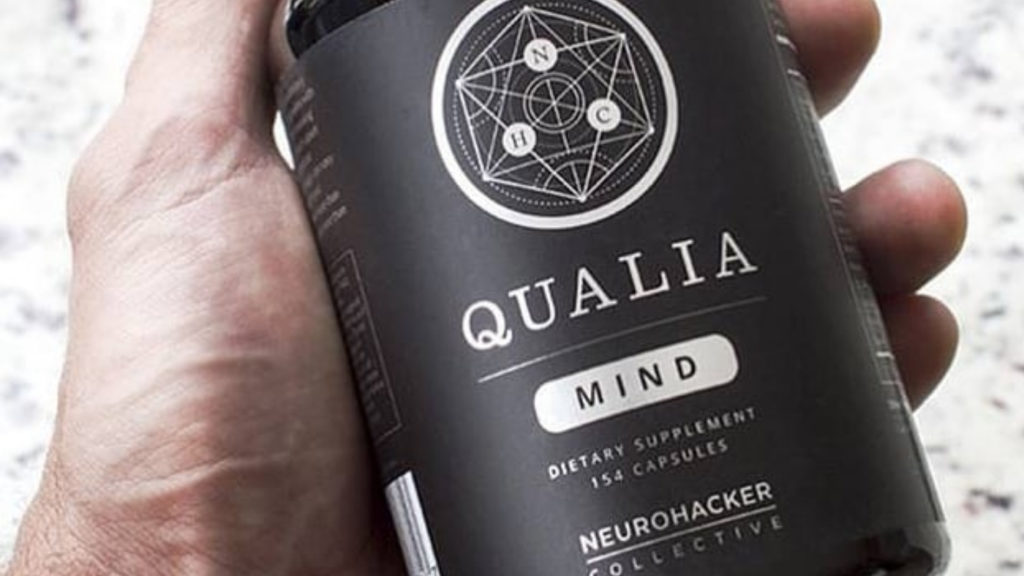
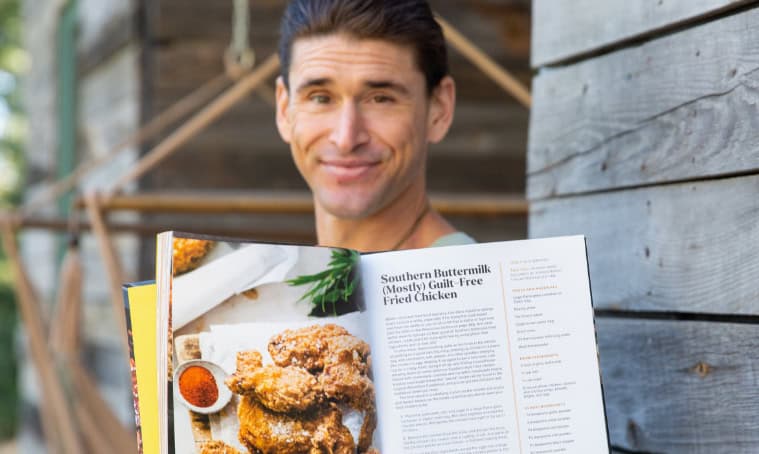

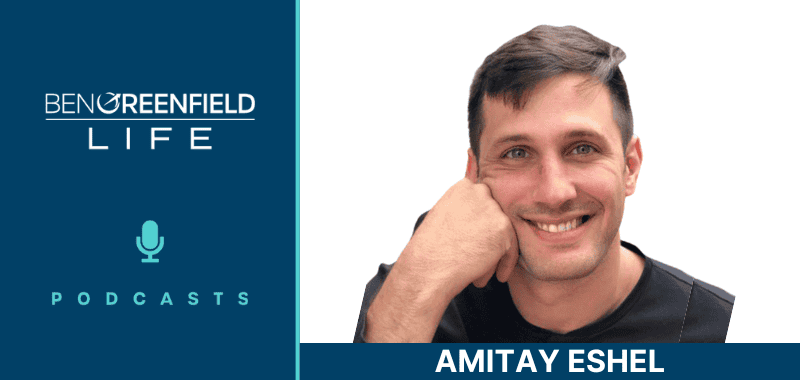
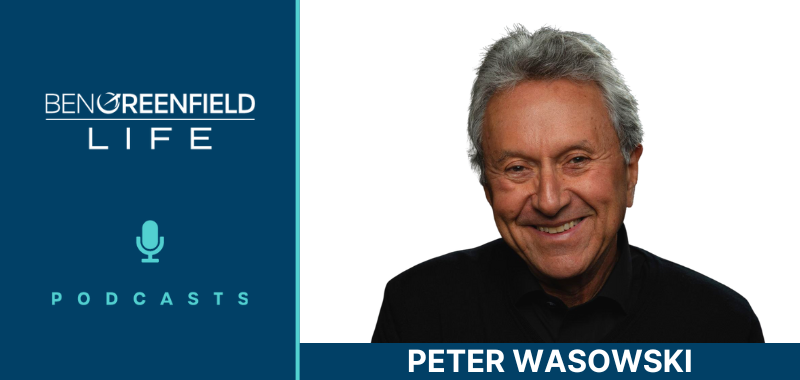


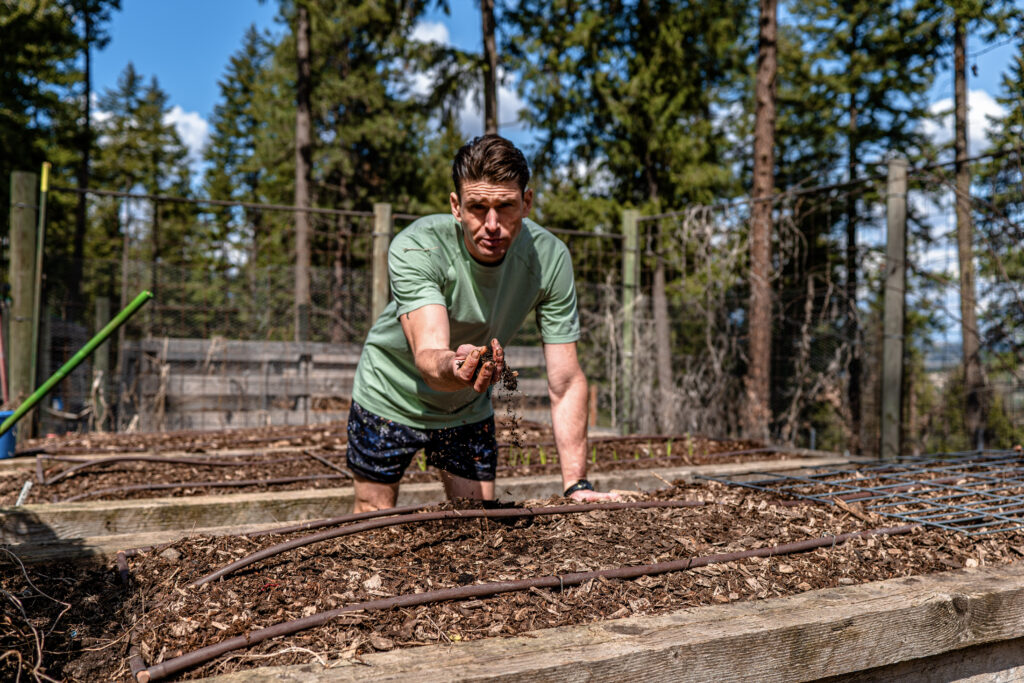
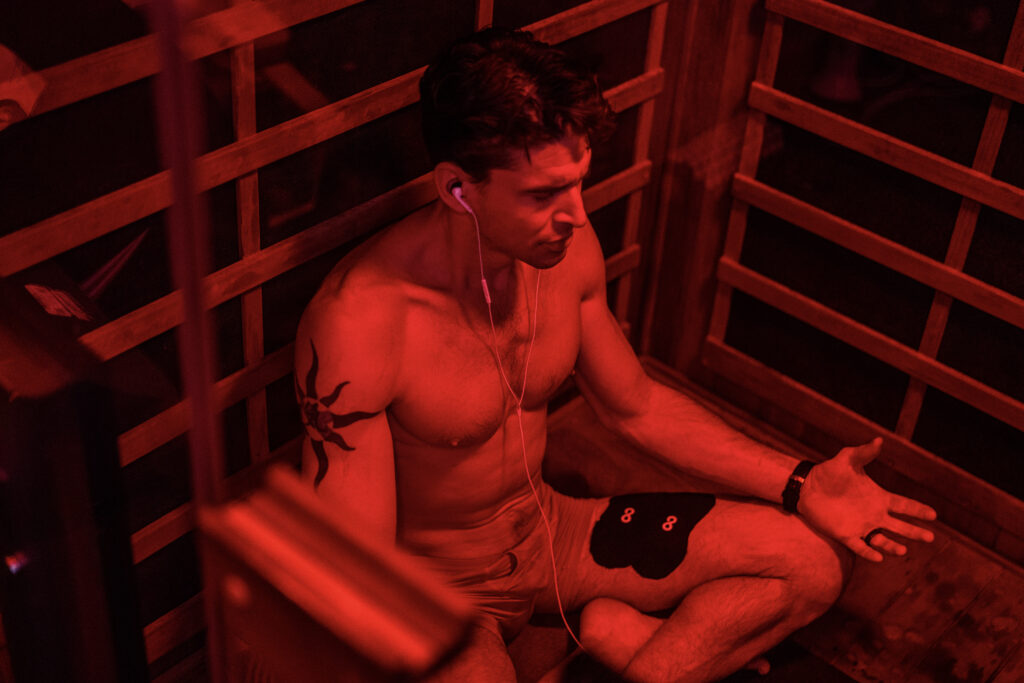
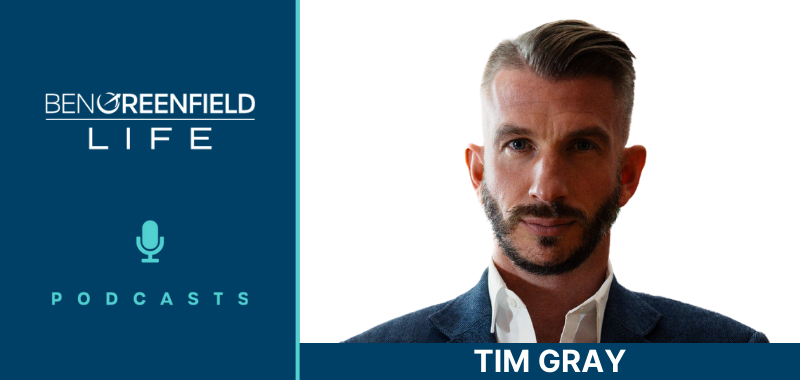
Great interview!
So how long are we supposed to cook beets and carrots? Would it be blanching, boiling, steaming? Is one cooking method better than others? Can I fry them in the frying pan in some oil?
Would Dr Cowan talk about it in his How and why to eat vegetables book?
Thank you.
BRILLIANT INTERVIEW
I am so impressed by this book
A cardiologist who has read Rudolf Steiner
(and Viktor Schauberger)
CHESTER AND THE CHESTA-HEDRON
and more
What a blend.
This book is very important to understand the profound synthesis
The wisdom of integrated science and spirit. This book is a gem
Really enjoyed this Podcast. I would also recommend the Nourishing Traditions book.
I’m based in the UK – is there a UK distributor of the powders?
Thanks
Hi, is there a discount code for the vegetable powders made by Dr.Cowans
No discount code unfortunately!
Hi! I would love more information on the type of spinach that you spoke about in order to help with blood sugar control. I have a few clients that are considering metformin. Although the recent science and research pertaining to metformin has been favorable, I am still hesitant to recommend it. Any info that you can provide would be greatly appreciated. Thank you!
I believe you are referring to a special vegetable that Dr. Cowan talks about in the book. Get the book. The link is in the article above. ;)
Ben, what grains/beans do you try to incorporate in your family’s diet and what grains/beans do you stay away from?
Honestly I eat ANY grains and beans if they are prepared like this: https://greenfieldfitnesssystems.com/soak-time/
So glad you teased listeners about his Heart book. The chapter in his Four-Fold book about it is mind-blowing and important because no one else in his profession even gets it. I truly hope his new book explodes the myths and makes him the hero to everyone that he already is to me.
link to vera desk?
https://amzn.to/2e53Rsk
Discount code for varidesk? thank you!
No discount code unfortunately – but you can get it here:
https://amzn.to/2e53Rsk
I really loved this podcast my family really needs to be getting a lot more vegetables in our diet so I was wandering where can we purchase the dried vegetable powder discussed on the show.
Thanks,
Don
Here: https://bengreenfieldfitness.com/cowan
I don’t see a link for where to buy the powdered veggies…
Start here: https://bengreenfieldfitness.com/cowan
Abolutely LOVED this! We garden and are also into health and fitness as well as anthroposophic concepts, so this was perfect. We will look into interviewing Dr. Cowan for our site as well, if I may share it here: www.GardensAll.com.
Agree with what Kirk said: my favorite interview! Thanks to Mike too for mentioning Weleda. Didn’t know they were based on anthroposophical. We like Alba, but will definitely check out Weleda too.
hi, this is Dr Cowan i just checked out your site, looks great, i would be happy to do an interview, and as i said i have my own hugel as well. The best way to set up the interview is to call my office at 415-334-1010 and they will handle it for you. best, Tom
Weleda products are based on anthroposophical philosophy. You find Weleda in organic food stores and Whole Foods. The products are plant-based and do not contain non-natural chemicals. I highly recommend the after shave, skin creams, tooth paste (especially for our daughter), and shampoo. I never experienced any allergic reactions.
mirren jars? miren jars? can’t find them… spelling??? thanks!
"Miron": https://amzn.to/2dSyEbi
Loved it! For me this one one of your more interesting podcasts. FYI, the wild mushrooms should be growing like crazy right now in the Spokane area.